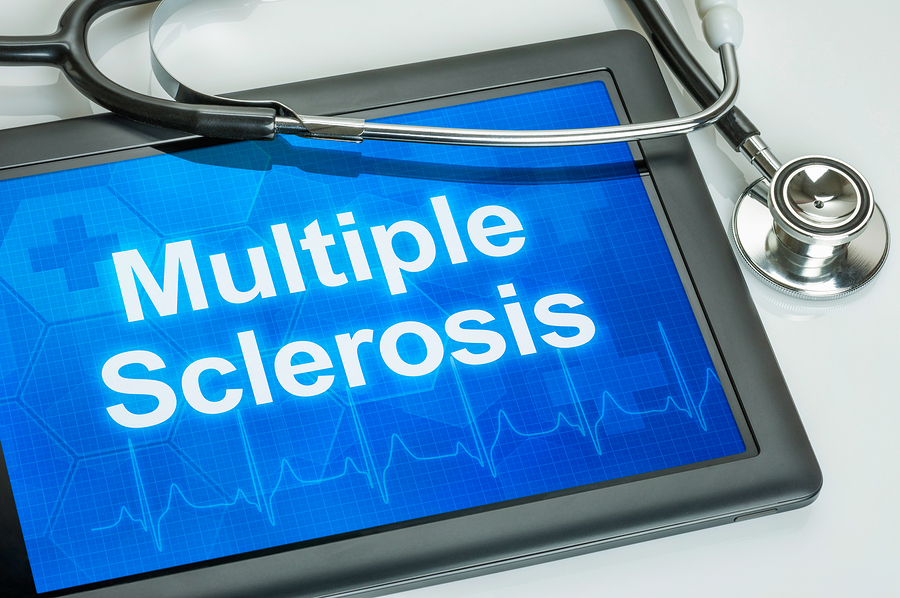Experimental Stem Cell Therapy Reverses MS
/By Steve Weakley
A small but promising study has shown that an experimental stem cell therapy can dramatically slow the progression of multiple sclerosis. Some MS patients treated with their own stem cells even experienced a reversal of their symptoms that has lasted for years.
MS is a chronic, incurable and progressive disease that attacks the body’s central nervous system, causing numbness in the limbs, difficulty walking, paralysis, loss of vision, fatigue and pain. The disease affects over 2 million people around the world.
An international team of researchers enrolled 110 patients in the study with relapsing-remitting MS, a version of the disease where symptoms appear for a few days or weeks, followed by periods of remission.
Half of the patients were treated with standard MS medications as a control group, while the other half went through a four-step experimental procedure.
The experimental group was given chemotherapy to stimulate the production of hematopoietic stem cells that recharge the immune system. Those stem cells were then removed from the patients’ blood and frozen. After that, a more powerful round of chemotherapy was used to wipe out the patients’ damaged immune systems, and the thawed stem cells were put back into their bodies by transfusion.
Over half of the 55 patients in the control group continued to see their disease progress, while only three patients got worse in the experimental stem cell group. The other 52 had fewer symptoms and a better quality of life. The findings were reported in the journal JAMA.
“It’s the best evidence comparing stem cell transplants to standard therapy,” Harry Atkins, MD, a stem cell scientist at Ottawa Hospital in Canada told Vox . “This is one of the first pieces of proof that, yes, patients who have aggressive MS do better after a transplant than with the standard therapy.”
“The stem cell therapy gets patients off lifelong treatments and gives them results that have never been seen before with this disease,” said lead author Richard Burt, MD, a stem cell researcher and physician at Northwestern University.
One of Burt’s patients who benefited from the stem cell transplant is 28-year old Amanda Loy, who told Vox that prior to treatment she needed a cane to walk and was unable to work. Within a year of treatment her symptoms had disappeared.
“It sounds so dramatic, but (the treatment) gave me my life back,” said Loy, who now works as a full-time teacher, runs half marathons and plays soccer with her 10-year-old son. She no longer takes MS medication.
Researchers still don’t know if the stem cell therapy will work with other forms of MS or how long the benefits will last. But it’s the first treatment that has shown the potential to actually reverse the disease.
“I do think it’s going to change the natural history of MS,” says Burt. “When you use it in the right group of patients with MS, you get these really gratifying results.”
A recent study by Australian researchers found that another experimental stem cell therapy shows promise in treating patients with progressive multiple MS, the most difficult-to-treat form of the disease.
Scientists at the University of Queensland extracted immune cells from patients who had either primary or secondary progressive MS. The cells – known as T-cells – were then “trained” in a laboratory to target and kill cells infected with the Epstein Barr virus, which has long been associated with MS.
When the altered T-cells were injected back into the bloodstream of 10 patients, seven said their symptoms improved. They had more energy, improved concentration, slept better, and had improved vision and balance. There were no serious side effects.




